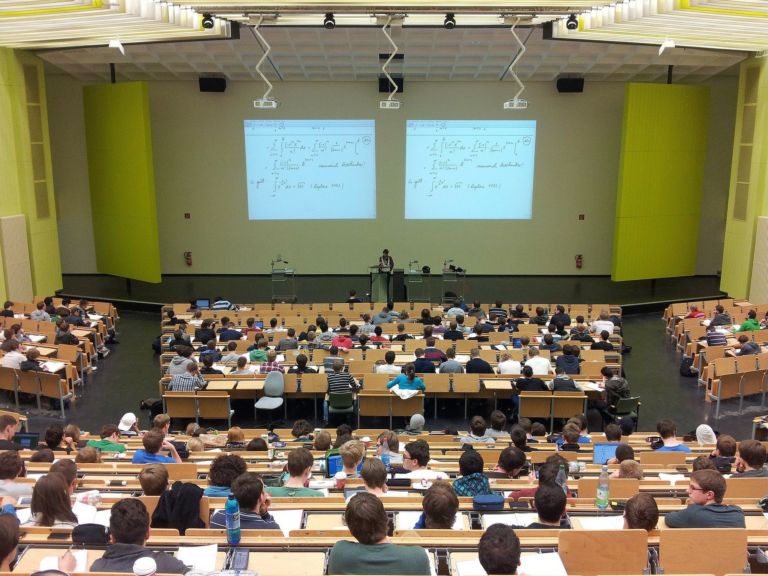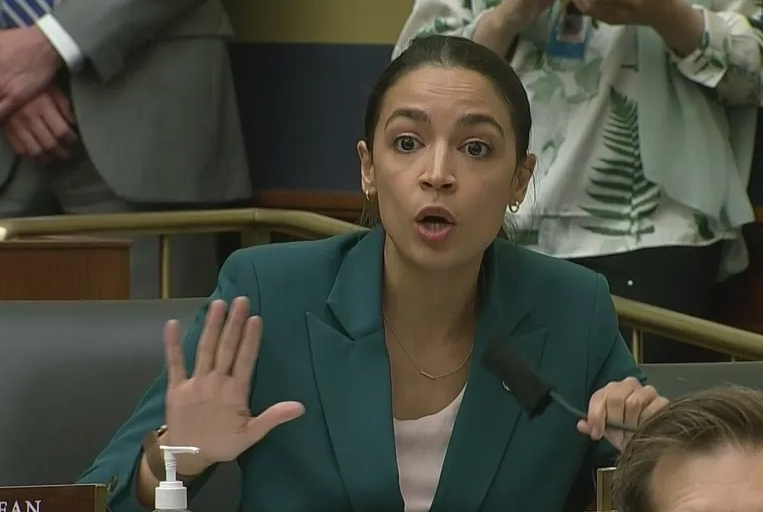Dalibor Rohac writes for the American Purpose about a destructive element of today’s political discourse.
Traditionally, moral panics referred to hysterias spreading uncontrollably throughout the hoi polloi after being blown out of proportion by irresponsible media actors—think violence and video games, child abductions, or satanism. Today’s moral panics also exaggerate the magnitude of problems that have befallen America and the world, while reducing them to simplistic stories of good and evil. Yet, unlike moral panics of the past, the ones of today are often forced on a reluctant public by activists and experts—as well as by filmmakers and film critics.
What is more, the unqualified embrace has become a mark of intellectual and moral sophistication. If you are not particularly outraged or terrified—over climate change, the anti-vaxxers, Trump, or race relations in America—you are likely to be a part of the problem. Unlike blue-check Twitter, the populace is often unconvinced. In a recent Axios poll, both Covid-19 and Trump topped the list of subjects Americans didn’t want to hear about in 2022. …
… [A] rising concern about climate change does not equate to the doomsday predictions of humankind’s “future being totally destroyed,” as the Prince of Wales put it recently.
More often than not, the pandemic of Covid-19 gets the same treatment. In spite of the extraordinary success of vaccines and antiviral drugs, and in spite of the apparently mild nature of the virus’ latest variant, it is outré to be anything but very, very afraid. The Trump and post-Trump eras tend to be framed in similarly cataclysmic and Manichean terms, as an ongoing unravelling of America’s democracy driven by the Republican Party’s failure to do what is obviously right. …
… Such narratives share three main characteristics. First, they each display an unrealistic degree of catastrophism. …
… The second shared characteristic of such narratives is that a preaching of the impending catastrophe and of the seemingly obvious steps needed to avert it raises one’s moral status relative both to the lukewarm, complacent general public and to the bad actors who bear direct responsibility for the crisis.


